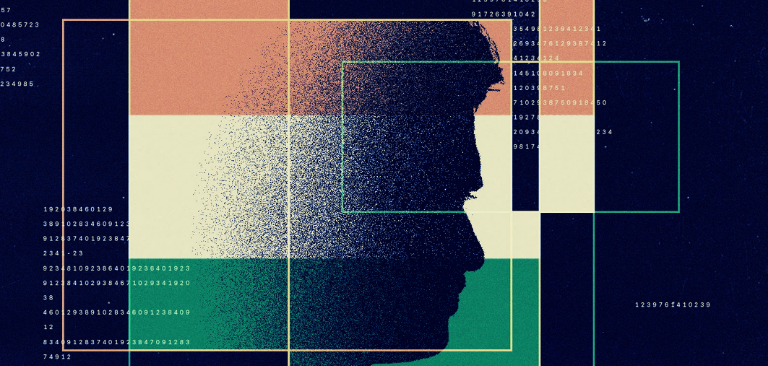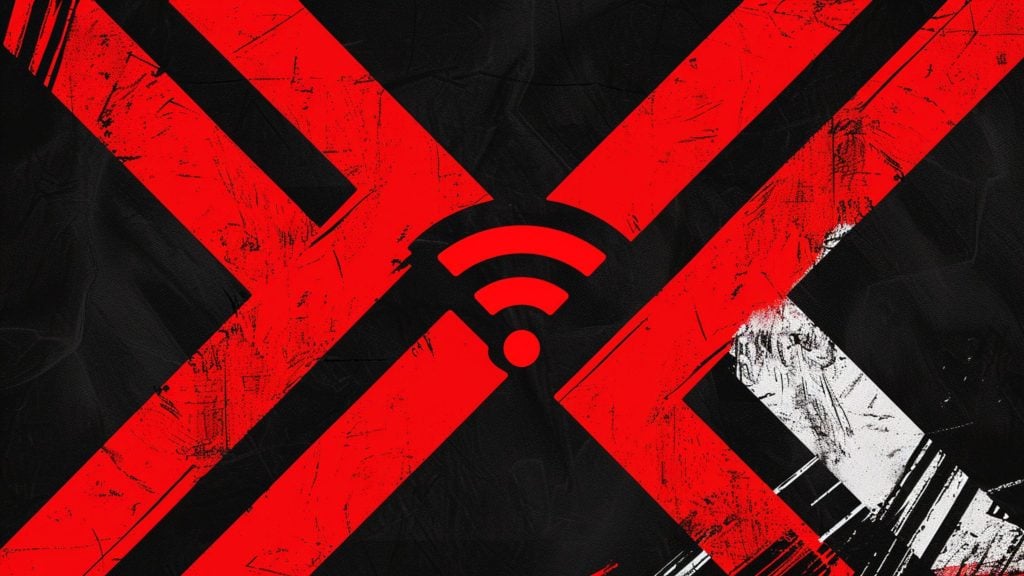Facial recognition technology will soon replace fingerprint and iris scanners at coronavirus vaccination centers in India. The excuse for facial scans is safety against infection as it does not involve physical touching of scanning equipment.
Speaking to local news outlet ThePrint, the National Health Authority CEO R.S. Sharma, confirmed that the government had begun a pilot project to measure the effectiveness of facial recognition.
“We have started a pilot in Jharkhand which is reporting more than 1,000 successful authentications via facial recognition on a daily basis at the vaccination sites,” said Sharma, who is also the head of India’s coronavirus vaccination program.
The system is using data from the Aadhaar national ID scheme, the largest biometric ID system in the world. The ID system is managed by a government agency called Unique Identification Authority of India (UIDAI), which, according to Sharma, has “deployed the best facial recognition algorithms which we will be utilizing now.”
The Narendra Modi-led government is considering facial recognition so as to make the vaccination process “touchless,” thereby minimizing the risk of spreading the virus at vaccination centers, but opens up a whole host of privacy concerns.
“Right now, the beneficiaries at the vaccination centres need to touch fingers at the machine for the biometric authentication.
They also need to touch the equipment for iris authentication,” Sharma explained.
If the pilot project becomes a success, the program will roll out to the rest of the country.
Once we do about 50,000 to 60,000 facial authentications under the pilot, we will roll it out across the country,” Sharma added.
India’s vaccination program, dubbed COVID Vaccine Intelligence Network (Co-WIN), is using biometric data for registration and the issuance of vaccine certifications. According to Sharma, the system is working “smoothly” and has produced as much as 3,000,000 vaccination certificates in a day.
The certificates, according to Sharma, meet international standards and might soon be required for international travel and they “may be used to enter buildings domestically.”
The COVID-19 vaccine czar, who has previously served as the head of UIDAI, praised the technology behind the Aadhaar biometric ID system.
“Imagine a person who generated their Aadhaar card in 2011. Even after a decade, the software is able to recognize the face.”
The biometric ID system is optional, at least theoretically. However, in recent years the government has passed policies that make it difficult to live without the ID. For instance, in 2017, it became mandatory to have an Aadhaar ID to access government services online.
Critics of the system cite privacy concerns, pointing to the fact that it collects a wealth of data, which can be accessed by non-government entities.
The system is also rumored to be vulnerable to hacking. In 2017, 135 million financial records were leaked through illegal access to the system, though some say it was an inside job.













